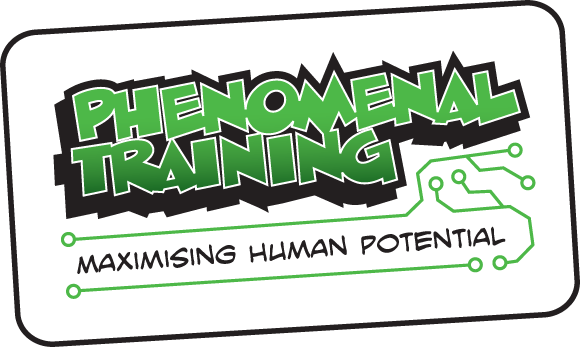I devoured Dr Mary Aitken’s ‘The Cyber Effect’ on a recent flight from Heathrow’s fab T5 to give a robot talk in Munich. Dr Aitken works and lectures as a cyber forensic psychologist, solving crimes that start with the mind, activate online and have real-world impact, for example, horrific cases of online grooming. Her book gives a frank exploration into what it means to be the pioneering first generation raised on smart tech and touch screens. That is, today’s children.
Aitken describes the internet as being like London or NYC; full of exciting places to explore and be inspired as an adult, but certainly not an environment to allow a child to wander off on their own. They may be lucky and return unscathed, but the act of letting them scurry along the dark paths of the web is a shift from the concept of childhood being as a recognised and protected stage of life. Bitter lessons that society learned following the last industrial revolution.
With experts predicting the arrival of the next industrial revolution within our childrens’ lifetimes, I found two of Dr Aitkens concepts particularly interesting: The first being Cyber Consent – the point at which we stop protecting what a child might stumble upon online by being able to roam freely. She recommends parents Google ‘how to remove parental lock’ just to see how easy it is to gain unfettered access.
Bringing my work lens to this, it is now a weekly occurrence for someone aged 35yrs+ at work to mention the differences between them and the younger generations entering the workplace. They speak with an underlying fear that valuing ‘real’ face-to-face above virtual or text-based communication could be a sign that they are antiquated and anti-change.
Dr Aitkens has helped clarify my beliefs on this: Just because everyone’s doing it, doesn’t mean what we are doing is okay. Rather than us standing-by with the hope that ‘kids will learn their own way’, ‘it’s the way the new generation is now’ approach, we actively need to support and protect our online resilience with strong boundaries. If you saw a dodgy figure standing on a street corner, we would not send a kid off there just to learn how important it is to stay away from strangers. This ‘virtual NYC’ metaphor has helped to sharpen my online intuition and beliefs, which is why I wanted to share this review.
Secondly, I was unsettled by her exploration on the impact smartphone distraction has on us all. I know at first hand how useful the iPad is as a comfort and distraction for young children. And I have been at many a meeting where people are face-down working on a tablet whilst someone is presenting. Am I old-school in thinking this is rude? Dr Aitken’s observation of children today crossing the nation’s playgrounds to be greeted by parents/carers who are now face-down looking at their phone really resonated with me. Just a decade ago we would have been looking ahead to be the first to lock eyes on to those kids. Now they have to compete with our phones, much of this may be work-related emails.
We are the test generation of adults who have the responsibility to create the online boundaries for children – which starts by role-modelling our work boundaries first. So, bring on the robots to help automate the dull, repetitive stuff to make way for you to be you. For me: no more phone at the dinner or meeting table, no more smartphone distractions in the boardroom or the bedroom. Switch off to turn on!
The robots are coming…look them in the eye and challenge them to a blinking competition. Not a dry eye in the house!
Laura x




Leave A Comment